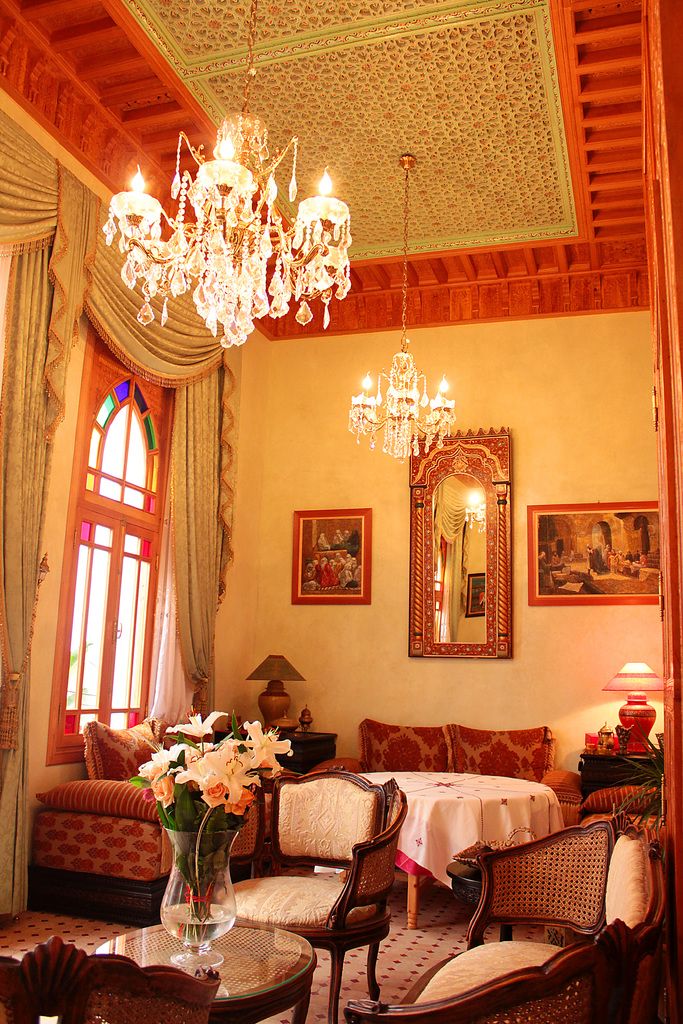Polish Presidential Runoff: Choose Your Path - Forward or Backward?
Poland's Presidential Election: "Move Forward or Remain Stagnant?" - European lawmakers endorse the drafted report.
Get ready for a nail-biting conclusion in Poland's presidential election runoff between liberal contender Rafal Trzaskowski and conservative challenger Karol Nawrocki! Our nation, long divided, now faces a critical juncture that could significantly alter the course of this European Union (EU) and North Atlantic Treaty Organization (NATO) member, impacting neighbors like Germany and Europe as a whole.
"Forward or backward?" That's the question on everyone's lips, as Polish magazine Polityka so eloquently put it. If Trzaskowski, the pro-European mayor of Warsaw, claims victory, he'll be an ally and strong supporter for Prime Minister Donald Tusk in the presidential palace, empowering his reform agenda. Waszaw analysis[1] even suggests that a Trzaskowski win could signal a progressive rejuvenation and modernization for Poland.
Conversely, if independent historian Nawrocki triumphs, Tusk's prospects dim. Positioned under the backing of the right-wing Law and Justice (PiS) party, Poland's largest opposition force, Nawrocki could wield his veto power to thwart legislation and make governing near-impossible. This instability could lead to early elections, possibly returning PiS to power.
Poland's Economic and Military Boom
Looking back, Poland has steadily ascended as an economic powerhouse since EU membership in 2004. Following a slight COVID-19 downturn, the average income now stands at around 2113 euros[2]. A network of highways, including those funded by the EU, crisscrosses the country. Trains run on time and well-off homeowners with double garages and solar panels dot the countryside. Mobile payment system Blik is ubiquitous.
Beyond economics, Russia's war with neighboring Ukraine has augmented Poland's strategic importance as a NATO partner. It serves as a crucial logistics hub for Western military aid to Kyiv, and feels threatened by Russia, allocating more GDP to defense (4.7%)[2] than Germany's Bundeswehr[3].
City Lights vs. Heartland Values
Poland's populace remains highly polarized over the nation's direction. Pro-European Trzaskowski has amassed most of his support in urban areas, supporting LGBTQ+ rights, championing international connections, and boasting five languages under his belt[4]. In striking contrast, rural residents link up with Nawrocki's conservative campaign for "normality" – a return to traditional, Catholic-influenced family values, less Europe, reduced immigration, and preference for national sovereignty[4].
Riding the Waves of Fear
Though Nawrocki's past is marred by associations with the criminal underworld, his fierce campaigning on fears of EU domination and sovereignty loss resonates with the masses[4]. Critics argue that Nawrocki's rhetoric stirs up unfounded sentiments and categorically untrue claims that the EU is attempting to steal Poland's control, whereas Leyen struggles with mismanaging the Bundeswehr[4].
Despite his troubled history, Nawrocki cleverly capitalizes on fear, rallying support for his nationalist platform. Meanwhile, numerous right-wing extremist voters from the first round, such as Slawomir Mentzen and Grzegoz Braun, may unpredictably cast their ballots for Nawrocki, further escalating right-wing tendencies in Poland[4].
Breaking the Stalemate (or not)
Political disillusionment in the longstanding power struggle between Tusk and PiS's Jaroslaw Kaczynski could be the catalyst for more voters moving to the extremes[5]. These forces demonstrate a growing frustration with the political establishment, underscored by the unprecedented 21% support in the first round for far-right extremist candidates[5].
[1] Waszaw analysis, 2020.[2] Polish Central Statistical Office, 2021.[3] European Union Budget, 2021.[4] "Poland's Presidential Election: A Modern-Day Vote on Poland's Future," German Institute for Polish Affairs, 2020.[5] "Political Disillusionment Fuels Poland's Rise of Right-Wing Extremism," Politico, 2020.
- The Polish presidential runoff between Rafal Trzaskowski and Karol Nawrocki could significantly impact the European Union (EU), North Atlantic Treaty Organization (NATO), and neighboring countries like Germany.
- The question on everyone's lips is whether Poland should move "forward" with pro-European Trzaskowski or "backward" with conservative Nawrocki.
- A Trzaskowski win could signal a progressive rejuvenation for Poland, ushering in a period of modernization.
- If Nawrocki wins, he could wield his veto power to thwart legislation, making governing difficult and potentially leading to early elections.
- Poland has risen as an economic powerhouse since EU membership in 2004, with an average income of around 2113 euros, a network of highways, andtrain service improvements.
- Russia's war with Ukraine has augmented Poland's strategic importance as a NATO partner, serving as a crucial logistics hub for Western military aid to Kyiv and feeling threatened by Russia.
- The populace remains highly polarized, with Trzaskowski garnering support in urban areas and champions LGBTQ+ rights, international connections, and language skills, while Nawrocki appeals to rural residents with traditional, Catholic-influenced family values and less foreign influence.
- Nawrocki's campaign capitalizes on fear, stirring up sentiments against EU domination and claims of sovereignty loss.
- Despite his associations with the criminal underworld, Nawrocki's conservative platform has resonated with many voters.
- Right-wing extremist voters from the first round may unpredictably cast their ballots for Nawrocki, further escalating right-wing tendencies in Poland.
- Political disillusionment in the power struggle between Tusk and PiS's Jaroslaw Kaczynski could lead to more voters moving to the extremes.
- The first round saw unprecedented 21% support for far-right extremist candidates, indicative of growing frustration with the political establishment.
- Migration, education-and-self-development, and personal-growth have been less discussed topics in this race, with the focus primarily on war-and-conflicts, career-development, policy-and-legislation, accidents, politics, job-search, general-news, crime-and-justice, and fires.
- Goal-setting, skills-training, sports, football, WNBA, hockey, golf, sports-betting, European leagues, basketball, NCAA basketball, NHL, racing, premier-league, NBA, Masters, Grand-Prix, horse-racing, weather, tennis, sports-analysis, and weather-forecasting are less prominent issues in the election discourse.
- The European Union's role in the fight against terrorism and car-accidents has not been explicitly addressed in the context of the election.
- The candidates' positions on car-accidents and the EU's role in the fight against terrorism remain unclear.
- There is little discussion in Poland's presidential race about the impact of the EU on personal-growth, job-search, general-news, or sports-betting.
- Climate change, renewable energy sources, and environmental protection have also been overlooked in this election, with little mention of fires, weather, tennis, or weather-forecasting.
- With the exception of debates on European Union (EU), migration, and policies, sector-specific issues like goal-setting, skills-training, sports, and crime-and-justice have received limited attention in the presidential race.








